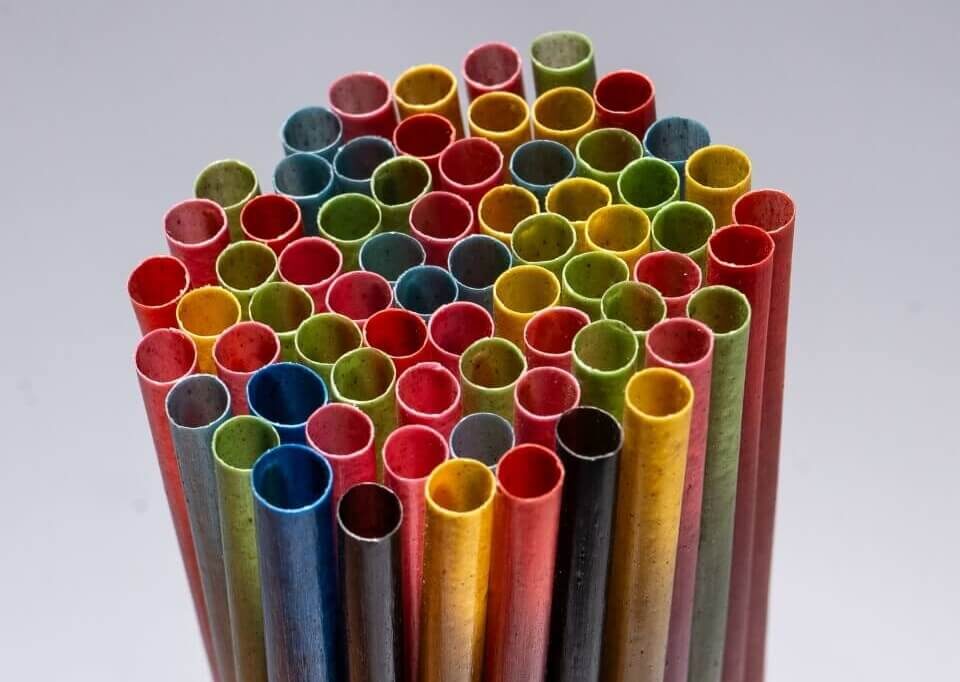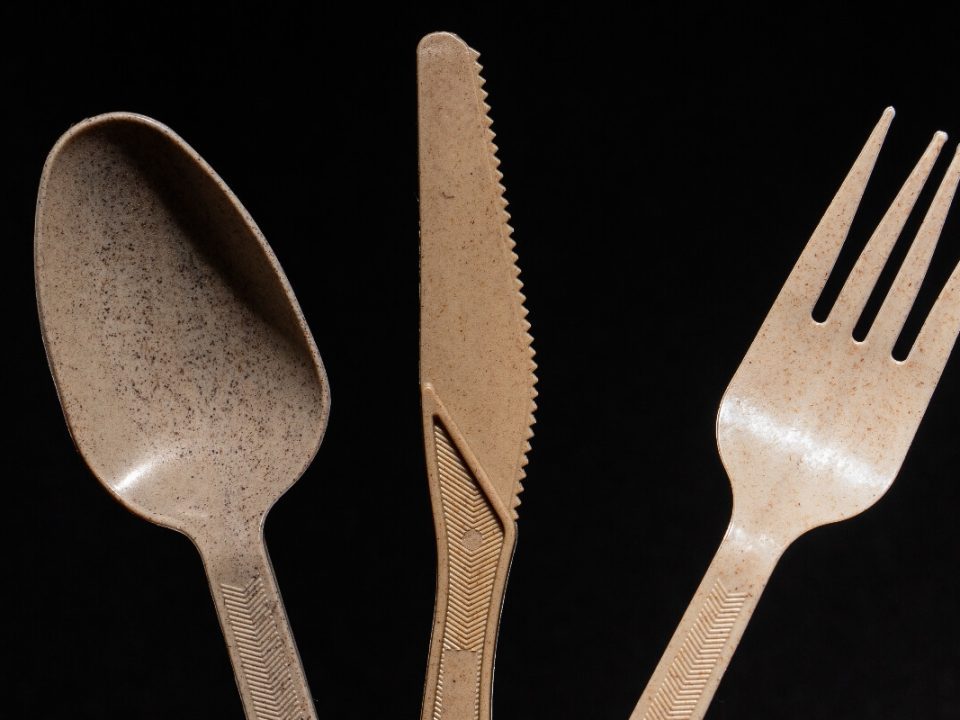From Landfill to Compost: 5 Reasons to Switch to Biodegradable Straws and Cutlery Today
We all use disposable straws and cutlery almost without thinking. But now, thanks to biodegradable options, we can go from the landfill straight to compost… and make a big difference. Here are five compelling reasons, based on recent data and backed by news reports and experts.
1. Less hazardous waste and more compost
Conventional plastic utensils take centuries to decompose and contribute to global pollution. In contrast, biodegradable cutlery can be composted in just a few months if disposed of properly (naturecutlery.com). This transition is key: according to Axios, billions of pieces of plastic cutlery are discarded each year in the U.S. alone, and Walmart has already committed to producing certified compostable cutlery, which disintegrates in just 26 weeks in commercial facilities (Axios).
2. They promote a circular and sustainable cycle
Many biodegradable cutlery and straws are made from materials like bagasse, PLA, or wood—renewable sources that, once used, return to nature as nutrients. This drives a real circular economy: less waste, more life for the earth (BioLeaderPack, Cosmo Eco Friends).
3. They are safer for your health and the environment
Unlike plastic, which can release harmful substances like BPA, biodegradable utensils made from natural resources are toxin-free and won’t contaminate hot or acidic foods (cotswoldfinefurniture.com, Medium).
4. Regulations and the market are driving them
Today, more than 100 countries have implemented restrictions or bans on single-use plastics, making compostable products the preferred option, not only out of ethics, but also out of obligation (BioLeaderPack). Moreover, the industry can grow rapidly: the global biodegradable cutlery market is projected to grow from around $40 million in 2022 to more than double in the coming years (BioLeaderPack, bioleader.beehiiv.com).
5. They work just as well (or better) and appeal to the conscious consumer
It’s not about sacrificing quality for sustainability. Studies show that materials like CPLA or PHA offer heat resistance, robustness, and aesthetics comparable to traditional plastics (bioleader.beehiiv.com). What’s more, consumers today value these types of decisions: companies that adopt biodegradable alternatives not only comply with regulations, but also improve their reputation and attract more conscious customers (






